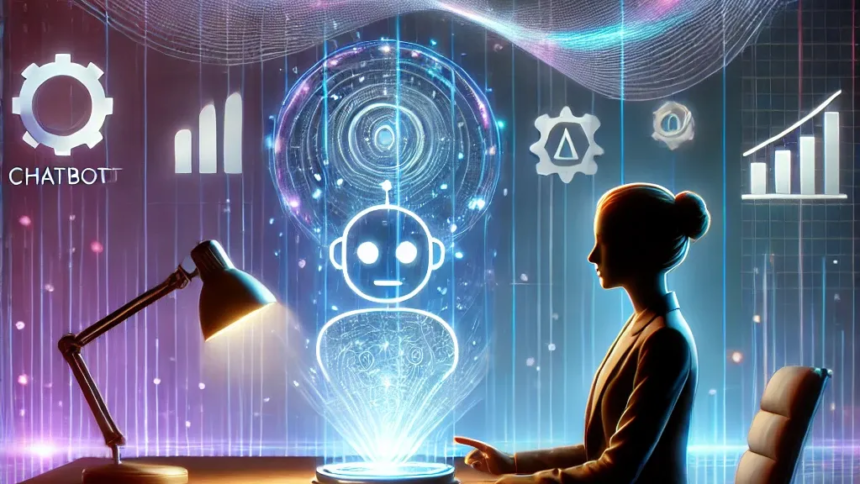Introduction
With the rise of artificial intelligence and automation AI-resilient career, many jobs are being disrupted or replaced. According to a World Economic Forum report, nearly 83 million roles could be eliminated by automation by 2027. So, how can you build a career that remains relevant and resilient in an AI-driven world? In this blog, we’ll explore strategic steps and future-proof job paths that can help you thrive in the age of automation.
What Makes a Career AI-Resilient?
AI-resilient careers are those that require a combination of human empathy, critical thinking, emotional intelligence, creativity, and leadership—qualities machines cannot easily replicate. Roles that rely heavily on human interaction or strategic oversight are the least likely to be automated.
Top AI-Resilient Career Fields
- Healthcare: Doctors, nurses, and therapists require empathy and real-world judgment.
- Education: Teaching and curriculum design demand human communication and adaptability.
- Creative Fields: Writers, designers, and marketers need imagination and originality.
- Skilled Trades: Electricians, plumbers, and mechanics use complex manual tasks difficult for AI.
- AI & Tech Specialists: Ironically, roles like AI ethics consultants, ML engineers, and cybersecurity experts are booming (source).
Essential Strategies to Build an AI-Resilient Career
1. Focus on Human-Centric Skills
Soft skills like leadership, negotiation, emotional intelligence, and critical thinking are immune to automation. Upskill using platforms like Coursera or edX.
2. Commit to Lifelong Learning
The ability to continuously learn and adapt is the greatest skill in the 21st century. Subscribe to educational platforms, attend webinars, and pursue certifications relevant to your field.
3. Embrace Technology, Don’t Fear It
Understand how AI tools like ChatGPT, MidJourney, or automation scripts work. Professionals who understand and co-pilot with AI will outperform those who avoid it.
4. Choose Hybrid Roles
Many future jobs will be hybrid in nature—combining technical and interpersonal skills. For example, product managers who understand data and customer empathy will remain in high demand.
5. Prioritize Problem-Solving and Strategic Thinking
AI can analyze data, but it cannot define problems, set goals, or align teams. Careers that involve vision-setting and decision-making will remain essential.
Emerging Job Titles AI Won’t Replace Anytime Soon
- AI Ethics Officer
- Cybersecurity Analyst
- Creative Director
- Medical Professionals (Surgeon, Therapist, Psychiatrist)
- Education Innovator
- Human Resource Business Partner
Conclusion
While the rise of automation and artificial intelligence is inevitable, it’s also an opportunity. By focusing on human-centric skills, embracing technology, and committing to continuous learning, you can build a career that not only survives but thrives. Don’t wait—start reskilling and future-proofing your professional life today.
Need help identifying key competencies? Read our guide on Top 10 Skills You Need in the AI Era.


